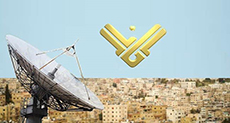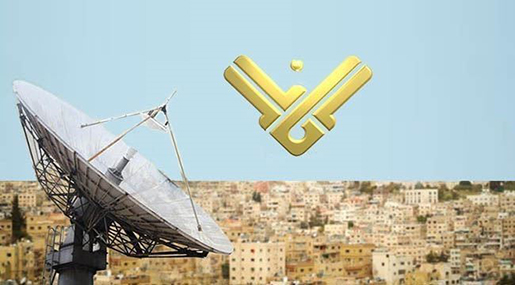In Solidarity with Al-Manar

Habib Fayyad
It was not unexpected that Saudi Arabia will block "Al-Manar" channel from Arabsat.
The Saudi procedure of sieging the Resistance's media pushed it towards waging a battle against its opponents, from the traditional confrontation to the use of banned weapons, to the media repression and prevention, on the basis of "I do prevent, therefore I exist".

Originally, there is a functional conflict between media philosophy and the structure of the Kingdom of Saudi Arabia, regardless of whether the media it is dealing with supports it or not.
The image of the Kingdom [including the ruling system] is distorted by targeting the opposing media, and its image will not change no matter how much the supporting media clears it.
Perhaps Saudi Arabia, as an area of media circulation, is one of the rare cases that is least affected by the media due to being aware of the fact in advance. Saudi Arabia does not need an opposing media to publish the facts relating to it, neither a neutral media that works to create a positive image about it.
The issue of "Al-Manar" is an additional indication of the kingdom's confusion.
The confusion acclaimed in the Kingdom's regional performance does not reflect turmoil in the regional role of Riyadh as much as it foretells existential dangers threatening the Saudi regime from inside.
In this thicket, the question seems logical of whether the Saudi regime is now in advanced stages, if the Kingdom is prepared for the chaos that is afflicting the region which it entered since the beginning of the "Arab Spring", in an escalatory and turbulent path on the rhythm of the policy of escaping forward.
The Kingdom from within is threatened by a coup d'état from its people and a breakup of the partnership contract between the system's components. Escaping from internal crises abroad has become a fixed method in the policies of Riyadh.
The Saudi regime stands in a bad partnership of two: religious extremism suffocating society, and the ruling family that is dominating everything related to the people and country. Wahhabism monopolizes the religious and sectarian representation as the only official religion in the state.
Wahhabism of the Takfiri tendency is not just a doctrine recognized in the Kingdom, it is also adopted as a legitimate and religious framework of the system and of governance.
It is thus ruling on the basis of: extremism in belief, considering every person who violates or denies its teachings as infidel, and abuse in practice, starting from the religious police who force people to pray, through to the deprivation of women from driving, and stifling freedom of expression through the application of punishment.
It is also worth mentioning that for them, destroying shrines and religious sites is not classified as aspects of polytheism.
It is obvious that there is a chronic problem with Riyadh towards the resistance and its media. The problem is emerging on the background of the success of the resistance, which exposed the inability or collusion of the "Arab Moderation" led by Riyadh in support of the Palestinian issue and Israeli hostility. This explains the absence of this entire issue from the Saudi agenda, and it also explains the Saudi-"Israeli" convergence on the Iranian-Syrian- Hizbullah hostility.
In the confrontation between Saudi Arabia and "Al-Manar", the Kingdom placed itself in the weak box as it exaggerated in using the reserved force. Blocking "Al-Manar" from Arabsat exacerbated its power and importance. The ban that it carried out is an act added to the channel's achievements, and the campaign that it waged is an ongoing battle between Resistance's media and that of normalization.
In every media battle, the belligerents may need to exaggerate and hype in distorting the image of the opponent. In the Saudi situation it is enough for its opponent to transfer the image as it is, and to be accurate in portraying the reality as it is, in order to get the desired result.
Source: As-Safir, Translated and Edited by website team
Comments




